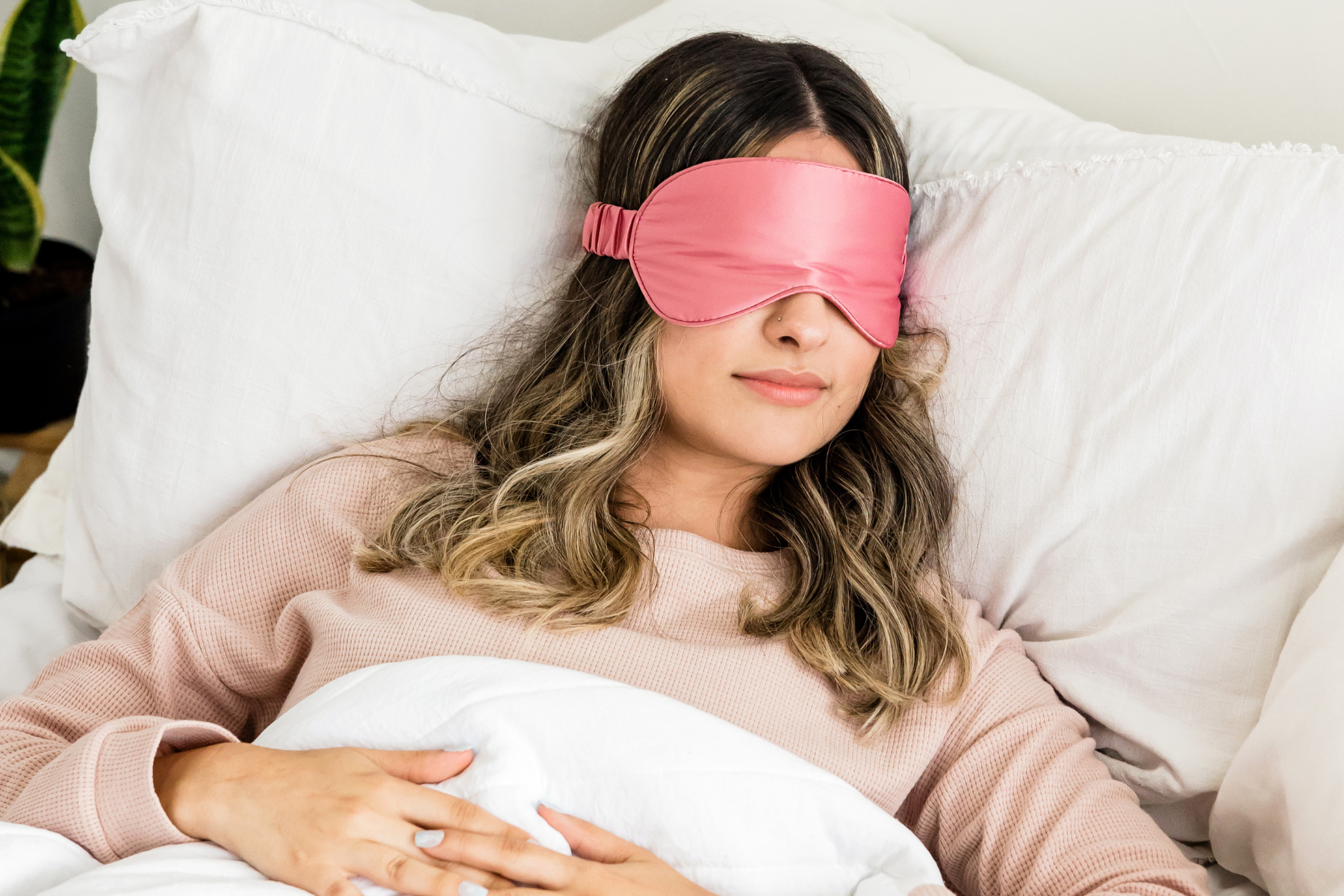
Online Psychiatry & Therapy for Insomnia
When you’re not sleeping well at night, it can be hard to get through the day
How Do I Know if Psychiatry and Talk Therapy Is Right For Me?
It’s okay to reach out for support, even if you’re still sorting things out. If insomnia (falling or staying asleep) has been a struggle, you’re not alone. Talking with someone can help make things feel a little less heavy.
Psychiatry and talk therapy often work best together, helping you better understand what you’re feeling, where it’s coming from, and how to manage it in ways that feel doable. Some people find relief through therapy alone, like using simple tools to work through their thoughts.
For others, a combination of medication and therapy brings the most relief. Medication can play a helpful role in reducing the intensity of your symptoms, making it easier to get through the day. What matters most is finding what works for you and having support along the way. Here are a few ways we can make this happen:
Understanding what’s getting in the way of your sleep - Together, we’ll take a closer look at your sleep patterns, stress levels, and lifestyle habits to uncover what might be getting in the way of you falling or staying asleep.
Exploring other possible concurrent factors - We’ll help identify whether things like anxiety, chronic stress, or other health conditions could be playing a role in your insomnia.
Finding relaxation techniques that’ll work for you - Therapy can help you shift how your mind and body prepare for rest by using calming tools like breathing exercises or relaxation techniques.
What Can Insomnia Look Like?
Most of us have experienced what it’s like to have a sleepless night at some point. But when falling or staying asleep becomes a regular thing, it could point to something deeper. Stressful situations and uncertain moments can elevate insomnia symptoms, which may show up in physical and psychological ways.
Physical Signs
Headaches or stomach pain
Delayed reactions to situations
Regularly waking up in the middle of the night
Psychological Signs
Difficulty falling asleep or staying asleep throughout the night
Trouble concentrating on tasks or remembering things
Frequently feeling tired or sleepy
Mental Health Care That Fits Your Life
Taking care of your mental health should feel like it’s built around you. At Lavender Psychiatry, we make it easier than ever to get kind, high-quality care from board-certified psychiatric nurse practitioners.
All appointments happen online, so you can connect with a provider from the comfort of home. Our Care team will get to know what you’re looking for and match you with a provider who will understand what you’re going through. With deep experience in conditions like insomnia, anxiety, ADHD, and depression, our psych NPs bring a thoughtful, empathetic approach to every session.
Featured Content
It's easy to sacrifice sleep when you're a student, but did you know that it can negatively impact your academic performance? We've listed some tips to help you develop a bedtime routine so you can sleep better and wake up feeling refreshed.
Mental health care should be clinically effective and feel emotionally safe, and we strive for just that at Lavender Psychiatry. Real support, thoughtful guidance, and a space where your feelings are felt, respected, and cared for.
Getting started can feel overwhelming, but we’ll make sure you won’t feel alone along the way.





